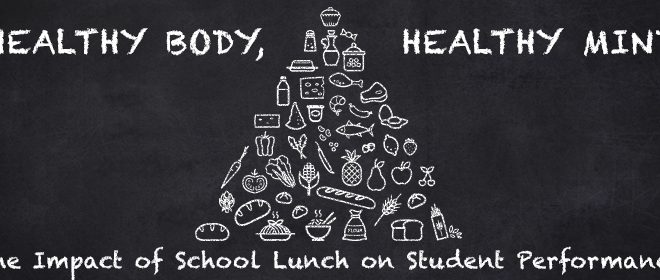Why Aren’t More Schools Doing PBL

Project-Based Learning (PBL) has been gaining significant attention in recent years as a teaching method that promises numerous benefits for students. By providing practical, hands-on learning experiences, PBL can help learners develop critical thinking and problem-solving skills, foster collaboration, and increase engagement. Despite these potential advantages, many schools have been slow to adopt PBL as a primary teaching method. In this article, we will explore the possible reasons for this reluctance to embrace PBL and discuss ways to overcome these barriers.
1. Traditional Mindset and Resistance to Change
One of the main reasons why schools might not adopt PBL is the reluctance to shift from traditional teaching approaches that have been used for decades. Teachers and administrators may be hesitant to try something new and fear that it may disrupt their established routines or negatively impact student performance. In addition, parents may also resist change, believing that conventional methods are proven and effective.
To address this issue, schools can provide professional development opportunities for teachers to learn about PBL and its benefits. This will enable them to integrate project-based learning in their lessons more effectively. Engaging parents through workshops or information sessions can also help build their understanding of PBL and its potential advantages for their children’s education.
2. Lack of Resources and Proper Training
Implementing PBL successfully requires appropriate resources, such as technology tools, materials, and time allotted for planning and conducting projects. Many schools may not have access to adequate resources or face budget constraints that limit their ability to provide these necessities.
Moreover, teachers must possess the necessary skills and knowledge to design meaningful projects that align with curriculum goals and facilitate effective collaboration among students. It is crucial for educators to receive proper training in PBL practices and methodologies.
To overcome resource constraints, schools can seek external funding sources such as grants or partnerships with local businesses that support educational initiatives. Administrators can also look into pooling resources with neighboring schools or exploring cost-effective PBL approaches.
3. Assessment Challenges
Another factor hindering PBL adoption is the challenge of assessing student performance in project-based environments. Traditional assessment methods, such as tests and quizzes, may not be suitable or effective when evaluating students’ progress in a PBL setting.
Schools need to develop alternative assessment strategies that capture students’ skill development and knowledge acquisition throughout the project. These assessments should be aligned with both the learning objectives and students’ individual needs. Examples of alternative assessments include presentations, portfolios, reflection essays, or rubrics for evaluating group work.
4. Time Constraints
The demands of covering extensive curricula within a limited timeframe can make it difficult for teachers to allocate adequate time for PBL activities. The perceived pressure to cover all content before standardized testing can lead to choosing lecture-based instruction over active learning experiences.
To create more room for PBL, schools can consider integrating multiple subjects into one project, thereby providing meaningful connections between various academic disciplines while still meeting curricular requirements. This transdisciplinary approach can help ensure full use of available instructional time while fostering stronger student engagement and understanding.
In conclusion, several factors may contribute to the slow adoption of PBL in schools. However, by understanding and addressing these challenges through professional development, resource provision, alternative assessment strategies, and innovative curriculum design, education stakeholders can open more doors for project-based learning experiences that better prepare students for the 21st-century challenges they will face.






